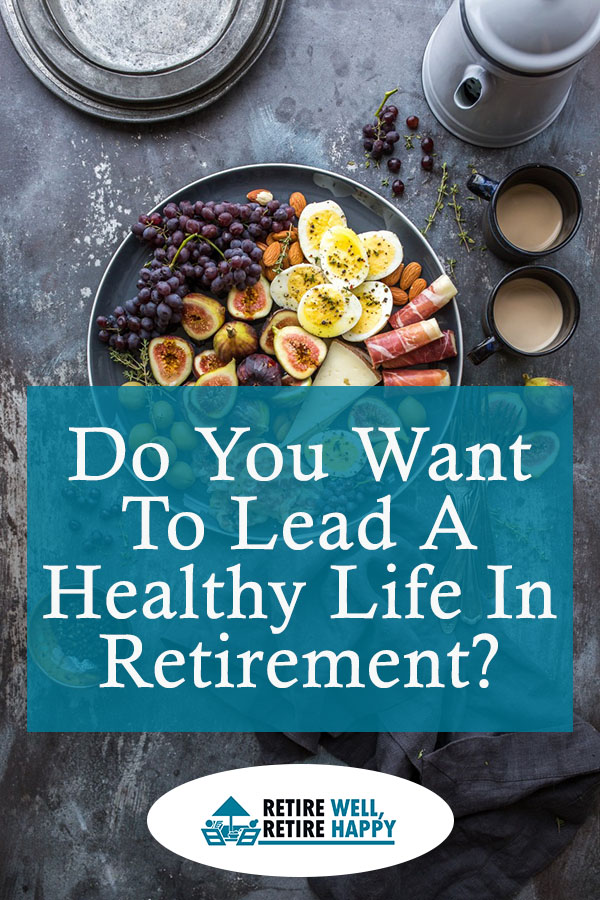Sometimes in life, we need a shock, a jolt, or a wakeup call to get us doing something different. When ife throws you a curve ball what do we do then? Sometimes in life we need a shock to force us down a new path. We could be living a successful life. We could have a job that brings in good money and we could believe everything is on track for a happy existence. When a major, unexpected event takes place that puts all that we value in jeopardy we are not prepared.

If for instance the major breadwinner, the one that brings home the most income each week, is diagnosed with a life-threatening illness we may be forced into reassessing not only what we are currently doing but what we will be doing into the future.
Those are perhaps the lucky ones. Some of us get no warning, no second chance. That was the case with me when my Len passed away suddenly from a heart attack. One minute the family was sitting around the table in a restaurant downtown enjoying a birthday celebration and the next minute Len slumps in his chair. A fellow diner jumped in, whipped the tablecloth off the table, lay Len down on it on the floor and commenced CPR while the staff called an ambulance. In that instant the world as I knew it changed forever.
When placed in these situations we are put under great stress and how we cope can vary. Stress can put us in flight or fight mode. This response refers to a specific biochemical reaction that we experience during times of intense stress or fear. The sympathetic nervous system releases hormones that cause changes to occur in our bodies. Unfortunately, we could end up feeling that life is too much and too difficult to cope with. This psychological reaction occurs when we are faced with something that terrifies us and it can be either be mentally or physically fear-inducing and quite serious to deal with. What do we do under these circumstances?
The circumstance can also force us to search for a new path. Kathy Fettke was thrown a curve ball. Kathy was put in this heart-breaking, terrible situation when her husband was diagnosed with a melanoma and given six months to live. With a young family to provide for Kathy was forced into having to take stock of her life. It sent her on a journey to search out ways to create a cash flow income and still be able to spend the time to raise her family. Kathy was lucky. The doctors were wrong. Kathy and her husband went on to found the Real Wealth Network,a member-based network that educates their members to create multi-million dollar real estate portfolios. We need to be better prepared.
Listen to the episode 47 here and be inspired.
Until next time.
Ann


